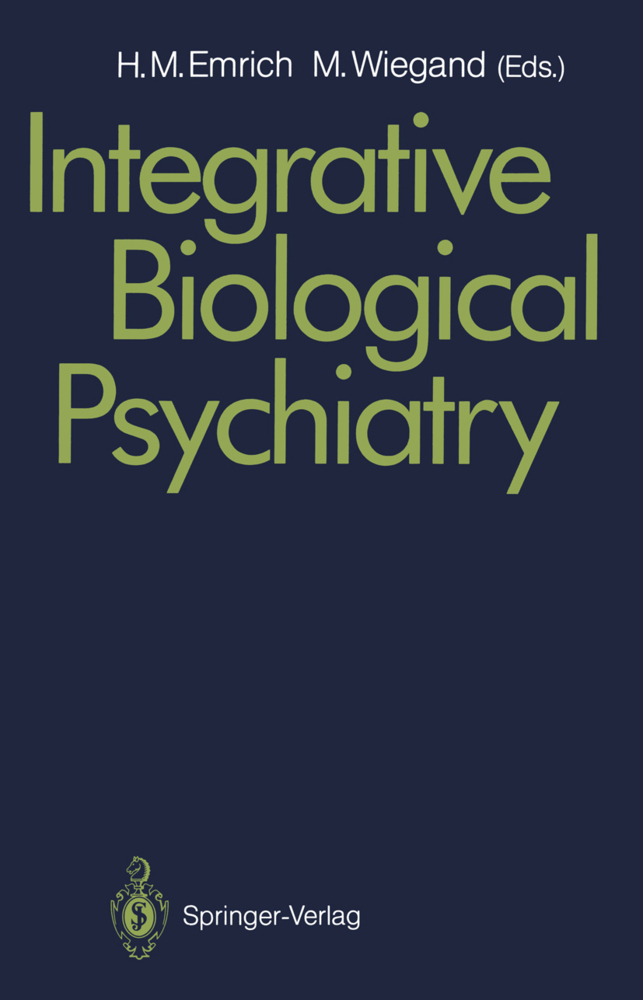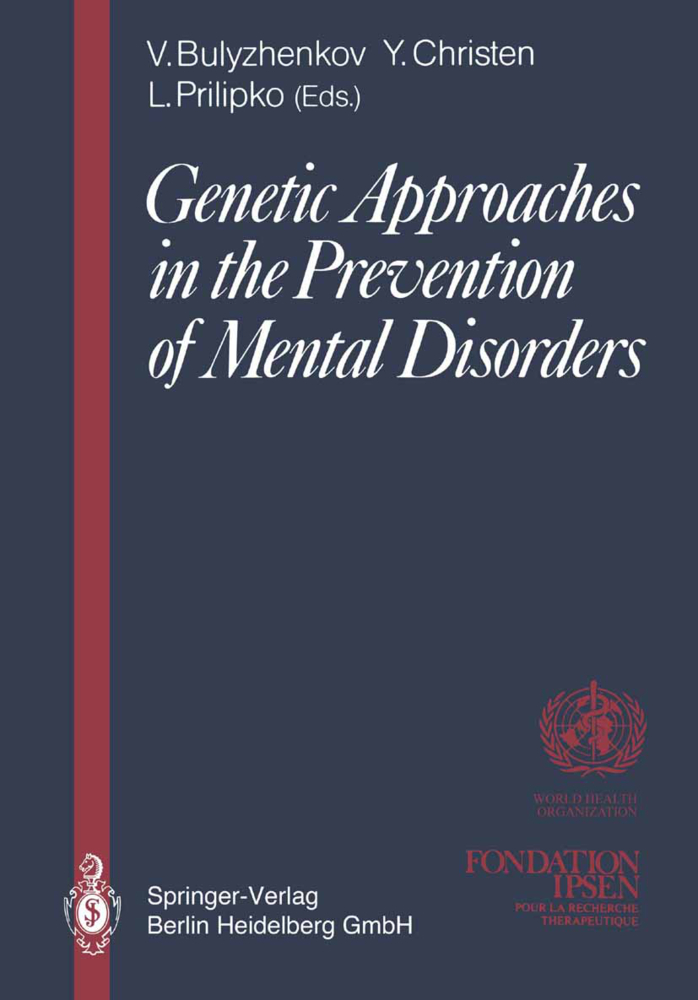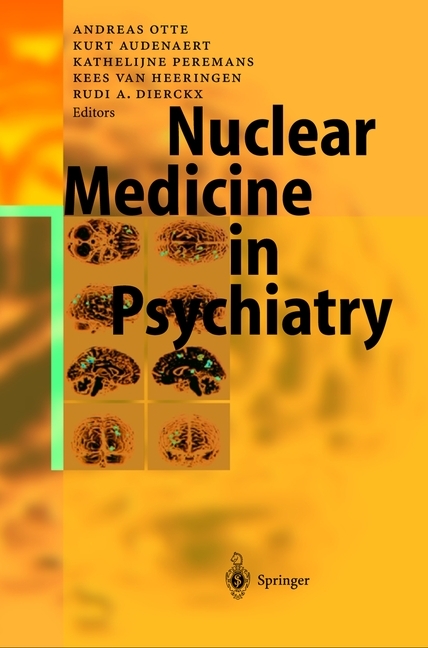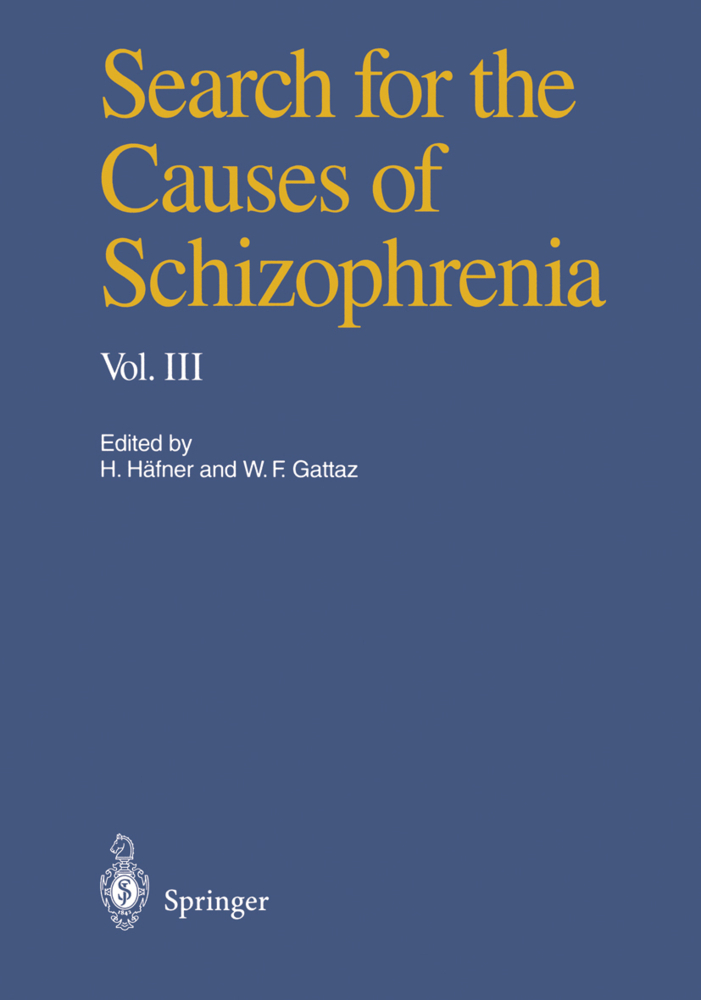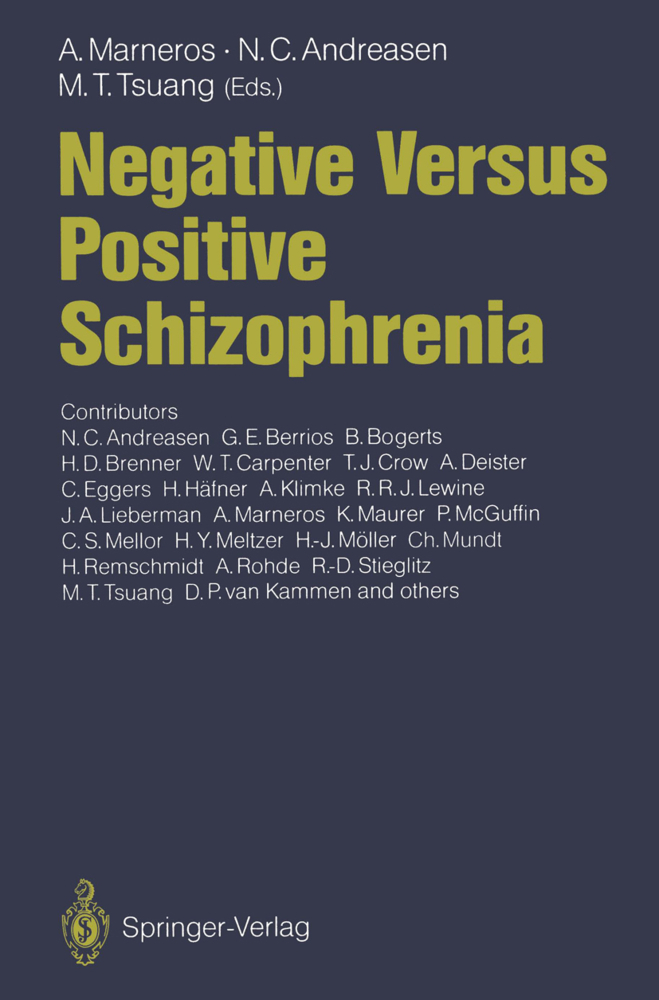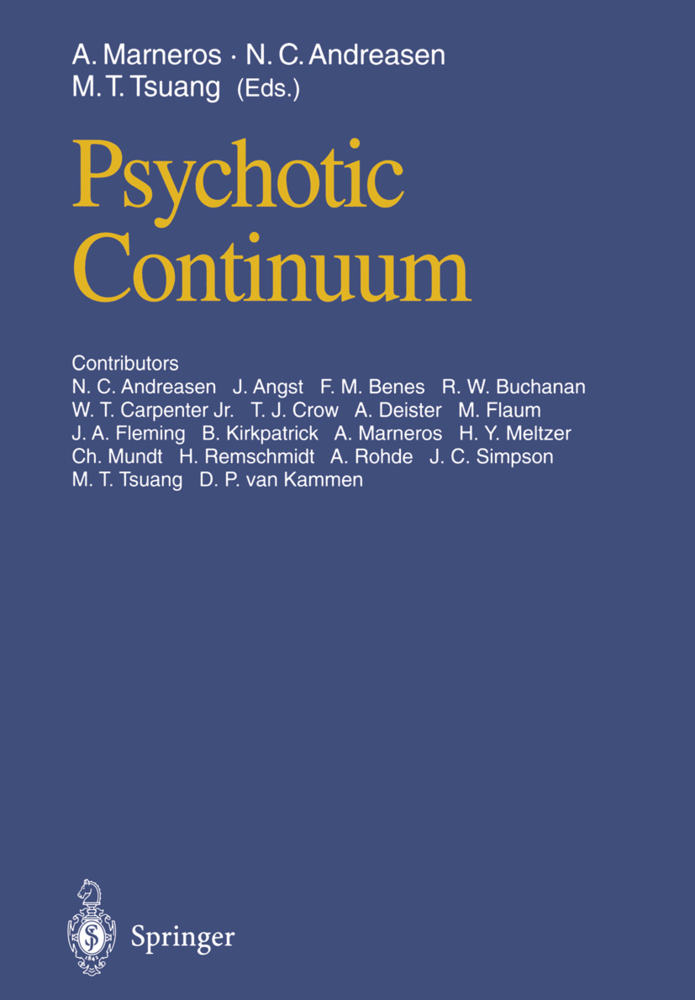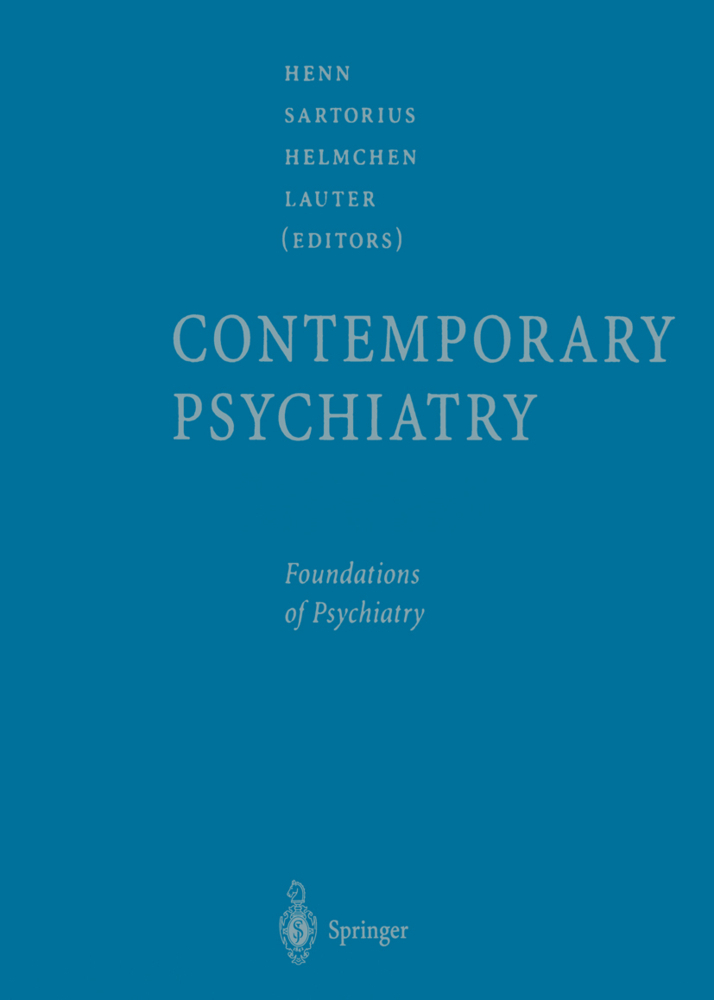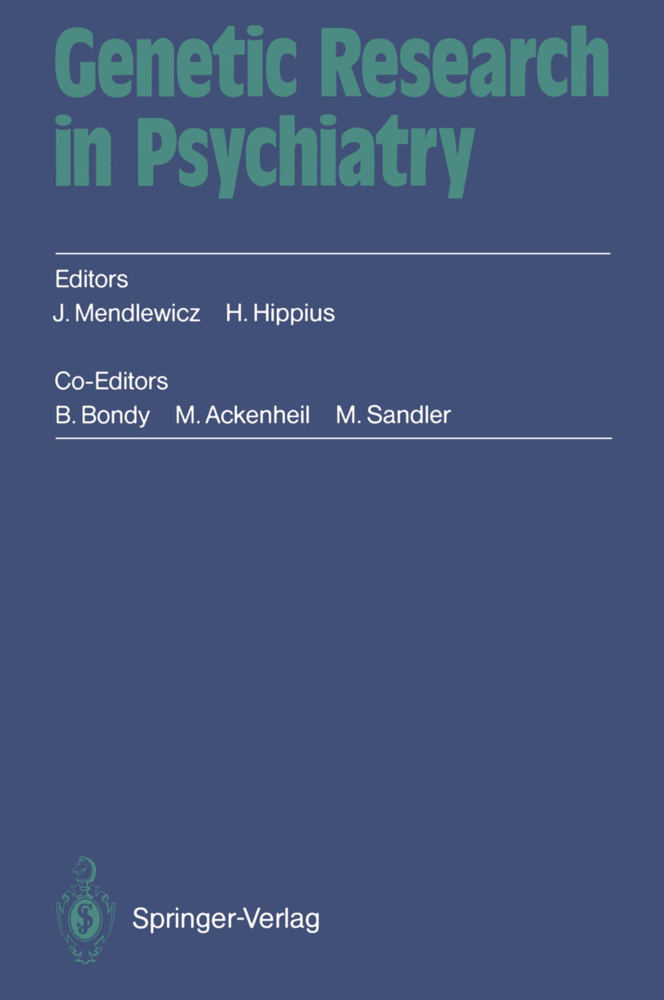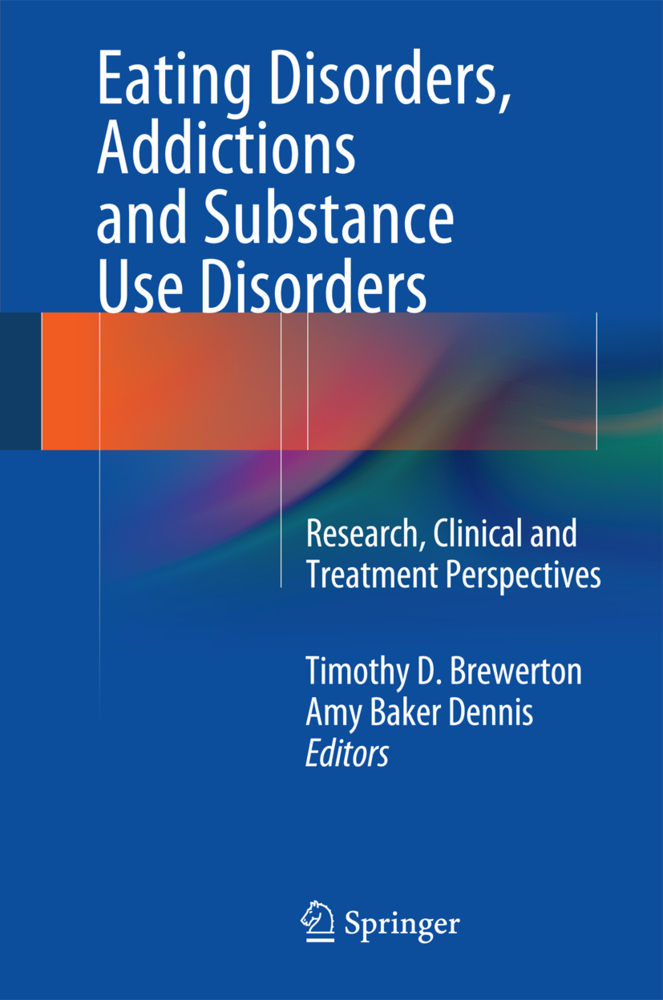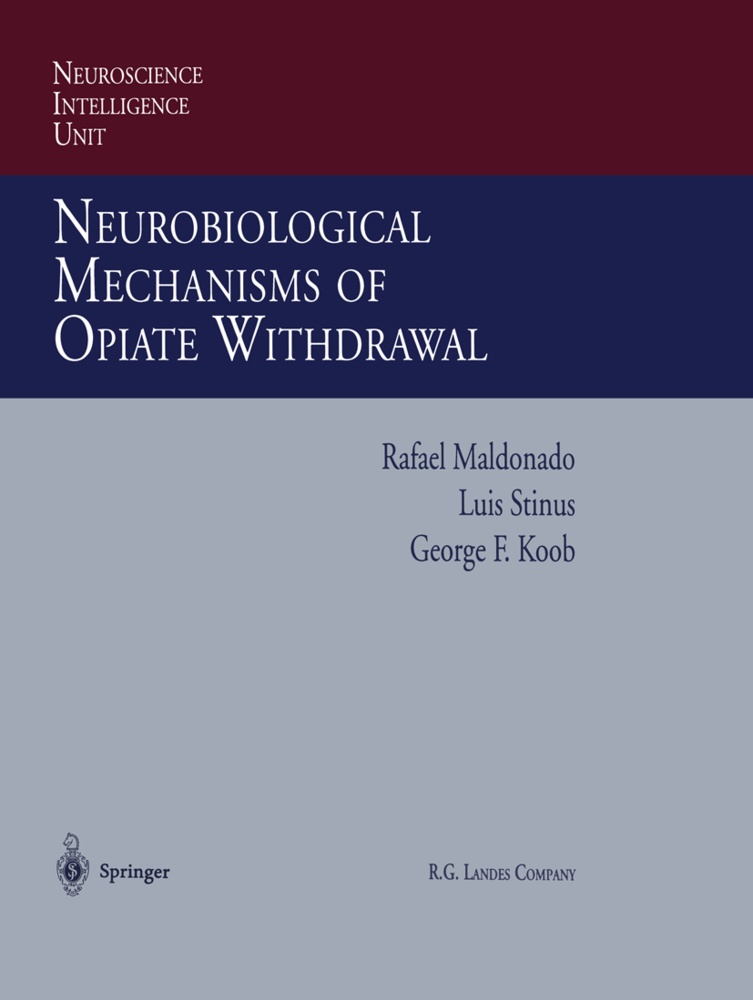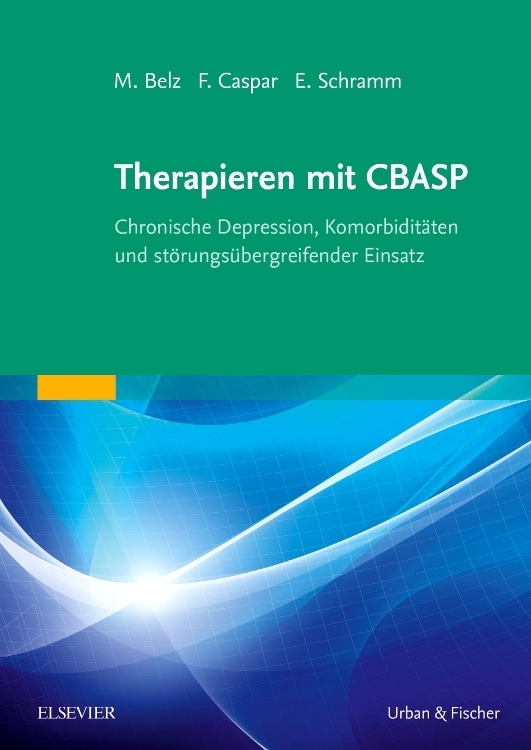Integrative Biological Psychiatry
Integrative Biological Psychiatry
Professor Detlev Ploog On March 19-21, 1989, a symposium entitled "Integrative Biological Psychiatry" was held at the Ringberg Castle (Bavaria) to honor the scientific work of Detlev Ploog, who retired at that time from his position as the Director of the Max Planck Institute of Psychiatry in Munich. The lectures represent an overview of the scientific work conducted at the Max Planck Institute within the recent past and thus also reflect the scientific intentions and research strategies of Detlev Ploog, who brought together extremely divergent tendencies within basic and clinical research and integrated the findings to elucidate new perspectives for fundamental psychiatric problems. His ability to combine topics such as brain and behavior with neuropsychological, neuroethological, psychopharmacological, and behavioral aspects generated a scientific climate in which psychiatric research flourished. The chapters in the present volume represent a documentation of this integrative view on psychiatry, and we, who worked together with Detlev Ploog as his university colleagues at the Ludwig Maximilians University (H. H. ), the Technical University of Munich (H. L. ) and as his successor at the Max Planck Institute (F. H. ) wish him, also after his retirement, continued scientific success, with many additional contributions to modern psychiatry. Hanns Hippius Florian Holsboer Hans Lauter Preface One of the main purposes of science is to elaborate models of natural processes that should be as realistic as possible.
2 Monkey Calls as a Model for the Neurobiological Investigation of Emotional Vocal Expression in Man
3 Early Integrative and Communicative Development: Pointers to Humanity
4 Analysis of Fine Motor Problems in Children with Specific Developmental Disorders of Speech and Language
5 What Is Old and What Is New in the Genetics of Endogenous Psychoses?
6 Systems Theory of Psychosis: "Filtering", Comparison, Error Correction, and Its Defects
II: Psychiatric Neuropharmacology and Neurochemistry
7 Peptides as Neuronal Signalling Molecules
8 Physiological Role of ß-Nerve Growth Factor and Its Possible Pathophysiological Implication in the Central Nervous System
9 Anticonvulsants and Calcium Antagonists in the Treatment of Psychotic Disorders
10 Hyperactivity and Semistarvation in the Rat: An Animal Model for Anorexia Nervosa
11 Effect of Starvation on Brain Morphology and Function in Anorexia Nervosa and Bulimia Nervosa
III: Psychiatric Aspects of Chronobiology and Sleep
12 On Self-Assessed Mood and Efficiency During Long-Term Isolation
13 Possible Relations Between Disorders in Circadian Rhythmicity and Mental Disorders
14 Periodic Phenomena in Affective Illness with Special Reference to Annual Cycles
15 Reversal of Antidepressant Sleep Deprivation Effects by Daytime Naps
IV: Diagnostic and Therapeutic Aspects
16 The New Classification Systems in Psychiatry: Overview, Problems, and Consequences
17 Schizoaffective Psychosis: A Challenge to Kraepelin's Paradigm?
18 The Concept of Comorbidity in Psychiatry and Its Influence on Research of Risk Factors
19 Results of Inpatient Treatment of Alcoholics: Follow-Ups After 18and 48 Months (Munich Evaluation of Alcoholism Treatment, MEAT)
20 Psychophysical Differentiation of Pain by Threshold Methods
21 Problems with the Precise Treatment of Imprecise "Givens".
I: Perspectives of Ethology, Development, and Systems Biology
1 Ethological Foundations of Biological Psychiatry2 Monkey Calls as a Model for the Neurobiological Investigation of Emotional Vocal Expression in Man
3 Early Integrative and Communicative Development: Pointers to Humanity
4 Analysis of Fine Motor Problems in Children with Specific Developmental Disorders of Speech and Language
5 What Is Old and What Is New in the Genetics of Endogenous Psychoses?
6 Systems Theory of Psychosis: "Filtering", Comparison, Error Correction, and Its Defects
II: Psychiatric Neuropharmacology and Neurochemistry
7 Peptides as Neuronal Signalling Molecules
8 Physiological Role of ß-Nerve Growth Factor and Its Possible Pathophysiological Implication in the Central Nervous System
9 Anticonvulsants and Calcium Antagonists in the Treatment of Psychotic Disorders
10 Hyperactivity and Semistarvation in the Rat: An Animal Model for Anorexia Nervosa
11 Effect of Starvation on Brain Morphology and Function in Anorexia Nervosa and Bulimia Nervosa
III: Psychiatric Aspects of Chronobiology and Sleep
12 On Self-Assessed Mood and Efficiency During Long-Term Isolation
13 Possible Relations Between Disorders in Circadian Rhythmicity and Mental Disorders
14 Periodic Phenomena in Affective Illness with Special Reference to Annual Cycles
15 Reversal of Antidepressant Sleep Deprivation Effects by Daytime Naps
IV: Diagnostic and Therapeutic Aspects
16 The New Classification Systems in Psychiatry: Overview, Problems, and Consequences
17 Schizoaffective Psychosis: A Challenge to Kraepelin's Paradigm?
18 The Concept of Comorbidity in Psychiatry and Its Influence on Research of Risk Factors
19 Results of Inpatient Treatment of Alcoholics: Follow-Ups After 18and 48 Months (Munich Evaluation of Alcoholism Treatment, MEAT)
20 Psychophysical Differentiation of Pain by Threshold Methods
21 Problems with the Precise Treatment of Imprecise "Givens".
Emrich, Hinderk M.
Wiegand, Michael
| ISBN | 978-3-642-77170-5 |
|---|---|
| Artikelnummer | 9783642771705 |
| Medientyp | Buch |
| Copyrightjahr | 2012 |
| Verlag | Springer, Berlin |
| Umfang | XIV, 295 Seiten |
| Abbildungen | XIV, 295 p. |
| Sprache | Englisch |

